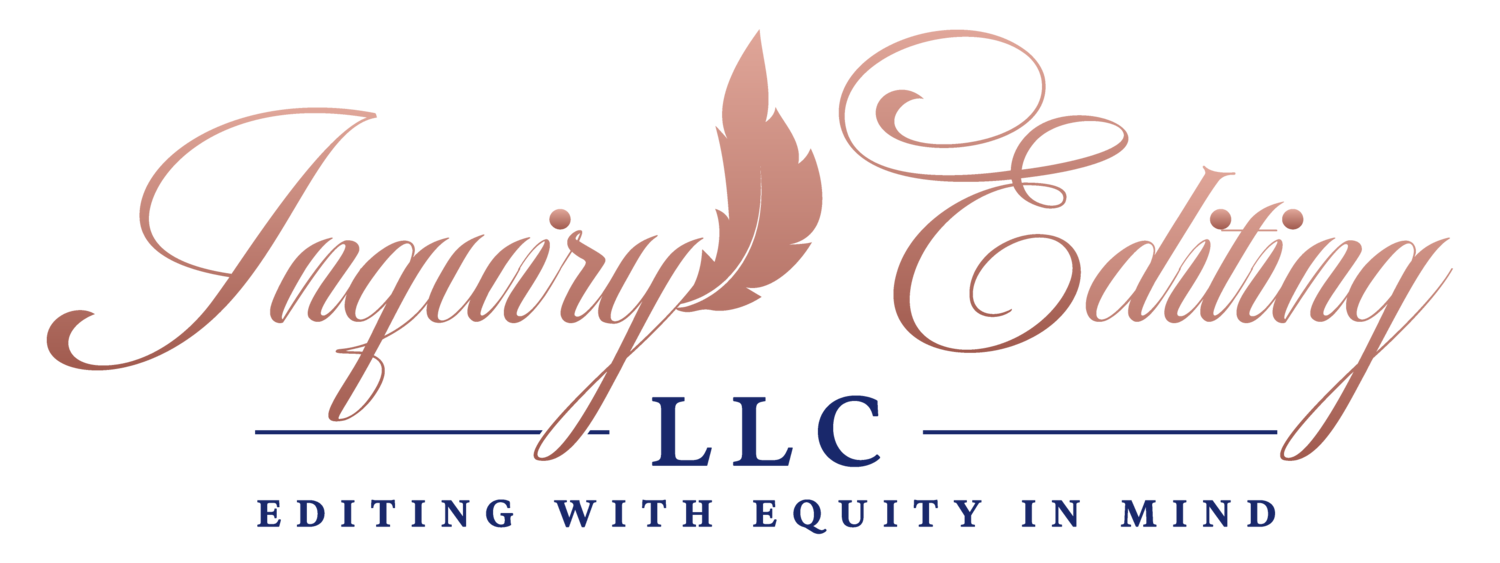Have a Fantasy, Make a Plan
** This newsletter is brought to you by Mariah Carey and the ghost of ODB.
I don’t know about you, but I always imagine the writing project done. I think about the nice cover or the glossy pages or seeing it cited in someone else’s work. However real these images become, they are – while I am working – a fantasy. Without a plan, they’ll stay that way.
If you’re a planner, you’ll know the joy of setting a SMART goal or a process goal, breaking it up into manageable pieces, and plugging tasks into your calendar. SMART is an acronym: Specific, Measurable, Attainable/Attractive (to you), Realistic/Relevant (to your goal), and Time-Framed. Process goals are usually repeated activities that get you closer to a goal (i.e., practice instrument for 30 mins a day, five days a week).
If planning makes you break out in hives, I understand. Just stick with me. I’ve got tips!
It helps to know what you want. Setting a goal isn’t always easy. For writing projects, the goal may appear to be simple (i.e., finish the %&!$*#@ thing) but sometimes you need to lower the bar (i.e., draft a chapter or a section, create a book/grant proposal). When we skip this step or take it for granted, we often end up feeling unmoored because we aren’t sure to what end we are working. As a result, we aren’t sure what “done” looks like. Frustration usually follows. Self-loathing if you happen to be a perfectionist.
It helps to know what the steps are. If you’ve completed the goal before, great! You know what you have to do. I can create the steps for a book proposal pretty easily. I’ve done it five times before. If you’ve not completed the goal before, ask for help. Ask someone who has done the goal what steps they used. This tends to be a conversation or an email. I prefer to ask multiple people so I have more data. As my social scientist friends point out, it is always helpful to have more than an n of 1.
It helps to designate when you’re going to complete the activity. At the start of every quarter, I create a plan, plugging different steps into the calendar. If you are wondering why I plan at the start of every quarter, it is because I have reclaimed by time. By planning according to quarters, I take myself off the academic calendar and avoid an overinvestment in my job. For those of you who are familiar with the National Council for Faculty Development and Diversity and their semester plan, this is what I am referring to. For those of you who are not, this is a process in which you take those steps and plug them into your calendar. It is painful because not everything fits.
Figure out what you’re going to do with the stuff that doesn’t fit. There are a few techniques. You can dismiss something entirely. You can delay by asking for an extension. You can delegate some tasks to others. You can depend on someone so that you’re not shouldering something alone (this helps with committee work). You can diminish the amount of effort you need. These five strategies tend to work best for tasks unrelated to your writing and self-care.
Create your support system. I often begin the new year with a lot of excitement about the goals. That’s where all the fantasies come in! But, eventually I get to the part where I am in my own little movie montage (the portion where the characters do the same task repeatedly sometimes in different outfits). I often want to fast forward through that part of my life, but that’s where I grow and learn the most. I need support. I usually have several kinds: structural (where the support is built into the relationship like a trainer or a writing group), and emotional (where someone knows I’m chasing a goal and they are on hand to let me vent or troubleshoot). Mind you, this is support I need after all the calendar reminders and app notifications get on my nerves and I begin ignoring them.
Check in on the plan. Remember that plans aren’t meant to be set in stone. If your schedule changes or something unexpected happens, you can get blown off your plan. It is more important to be consistent than it is to be great. So, you’ll want to check in with your plan each week to assess what you’ve done and what needs doing. For those of you familiar with the National Council of Faculty Development and Diversity and their weekly planning meeting, that is what I am referring to. It is where you plan your week based on the tasks in your semester plan. I love doing this, but I know it can sometimes take a while for someone to get used to it. I suggest giving it a month of Sundays before throwing in the towel.
Some of you may be saying that you’ve heard it all before. I understand. But have you done it? It isn’t too late to give it a try. Let me know how it goes.
